
Your wallet might seem like a safe place for essentials, but some things can turn a lost or stolen wallet into a major security breach. There are high chances of identity theft and financial fraud. The risks are real, but thankfully, it’s surprisingly easy to avoid them. So, here’s a look at what not to carry in your wallet, and why it matters.
Social Security card
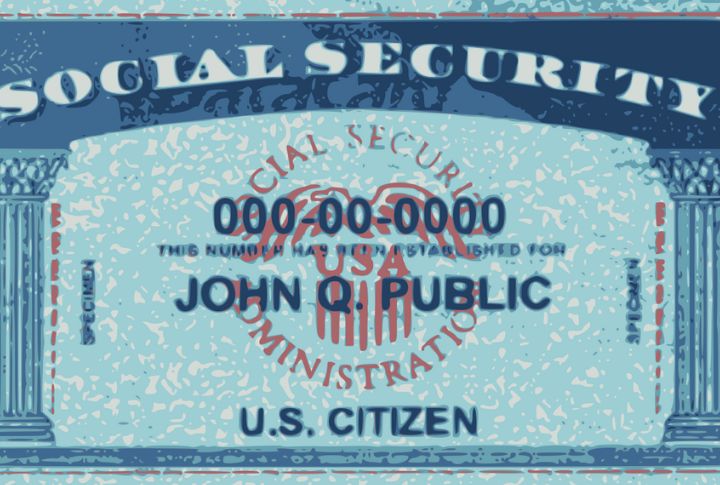
Your Social Security number provides access to personal and financial records, making it highly valuable to identity thieves. The Federal Trade Commission emphasizes keeping your card at home. A stolen Social Security card enables criminals to open fraudulent accounts or view tax information.
Birth Certificate Copy
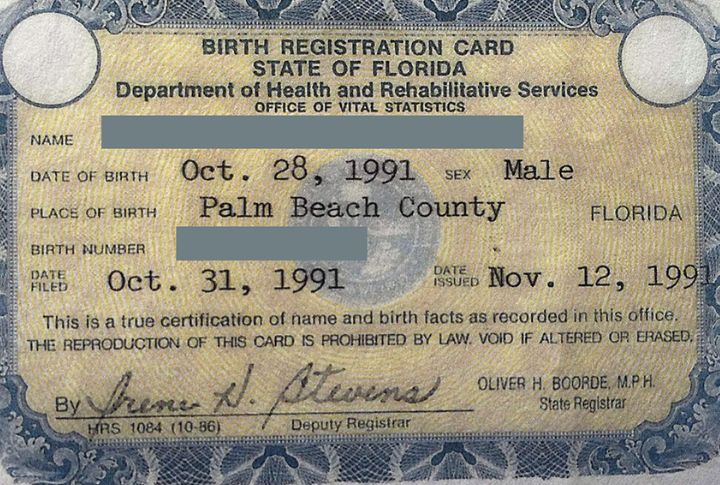
Risks of carrying a birth certificate copy extend beyond simple loss. Identity thieves can use this document to access sensitive services. Plus, its absence complicates replacing other forms of ID. Keep this important document at home unless you need to use it.
Passport Card
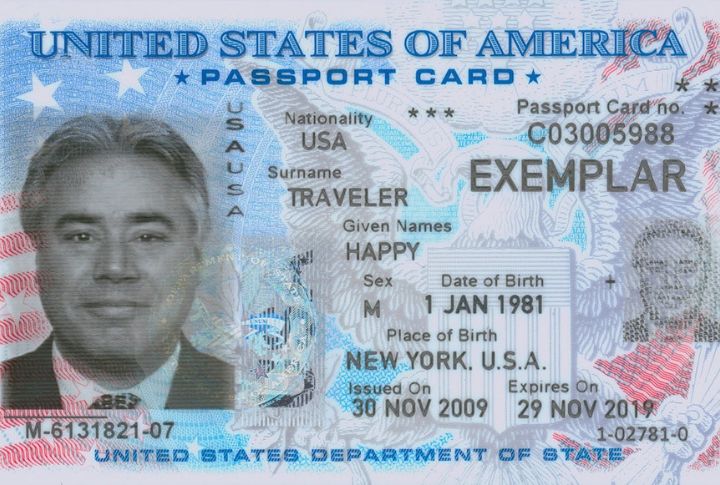
Smart travelers know passport cards work for land and sea trips to select countries near the United States. However, these cards display sensitive details like full names and birth dates. If someone steals them, they gain tools for identity theft and potential access to other accounts.
Spare House Key Hidden In Wallet
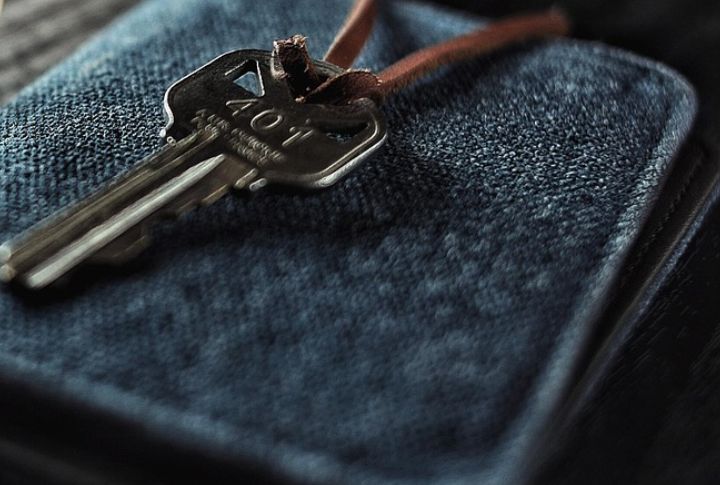
Your driver’s license address, combined with a spare house key, creates a serious security risk. Security experts strongly discourage this standard practice, yet many people carry keys for convenience. A lockbox or trusted neighbor provides a safer backup solution than keeping keys in wallets.
Blank Checks
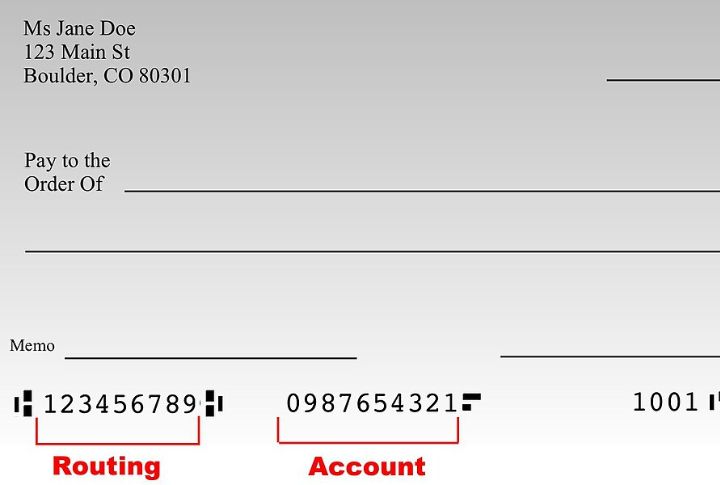
A stolen blank check gives criminals access to your banking details and home address simultaneously. Though most businesses now accept digital payments instead of checks, a swindler could still attempt signature forgery for unauthorized withdrawals. This dangerous combination puts your finances at serious risk.
Passwords Written On Paper
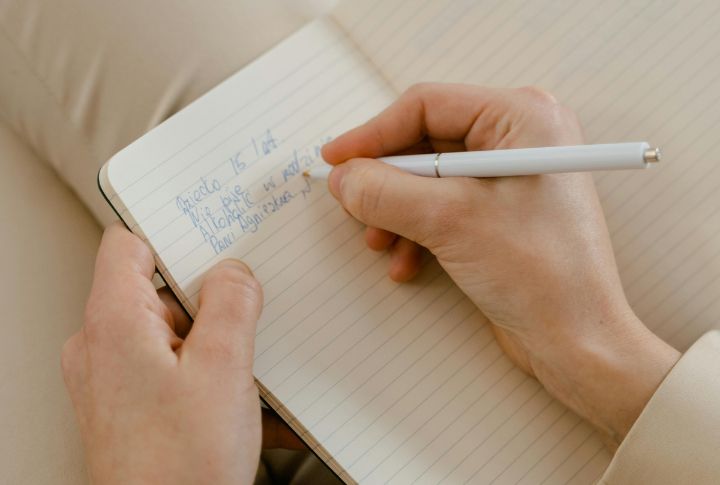
Written passwords in your wallet pose serious dangers to your digital security. Android and Apple devices come with reliable password managers, but many people still carry handwritten lists. If stolen, this information can be used to compromise email, banking, and social media accounts.
Old Hotel Room Keys
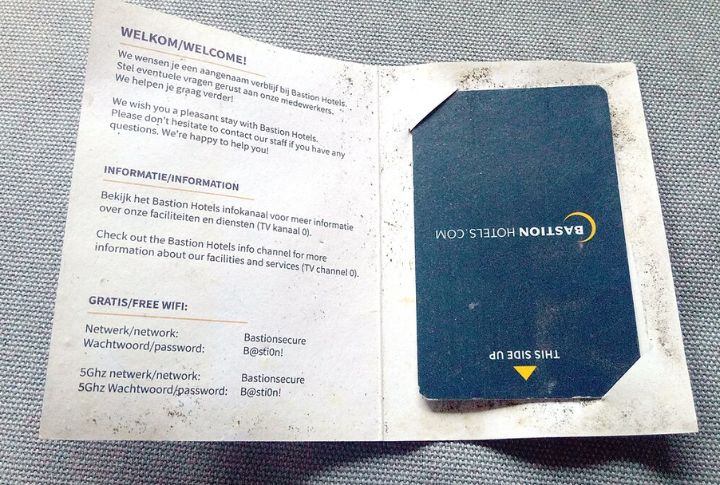
First of all, keeping these expired cards after checkout provides zero benefits. And most travelers don’t realize that old hotel keys rarely contain sensitive data. However, a misplaced key card still enables room access, which creates a serious security concern.
Medical Insurance Card
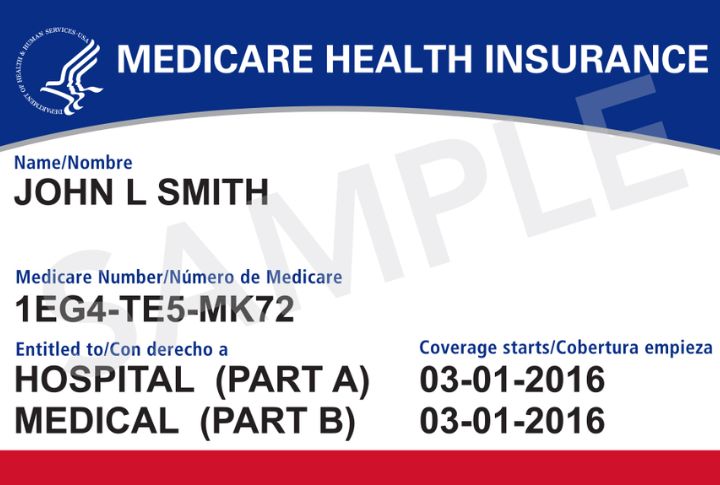
An insurance card in the wrong hands can fuel medical identity theft. Criminals gain treatment under your name, leaving your records full of errors. Because the cards display sensitive data, they remain high-value targets. Digital versions from insurers reduce the risk and protect against fraud.
Receipts With Full Card Numbers
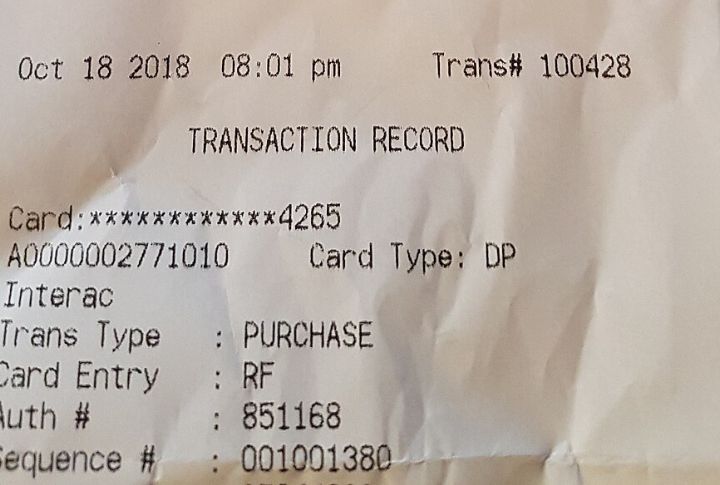
A receipt can expose more than you realize. If it displays your full card number, criminals can use it for unauthorized purchases. Tossing receipts carelessly is risky. Shred them instead—this simple step adds a strong line of defense against identity theft.
Gift Cards
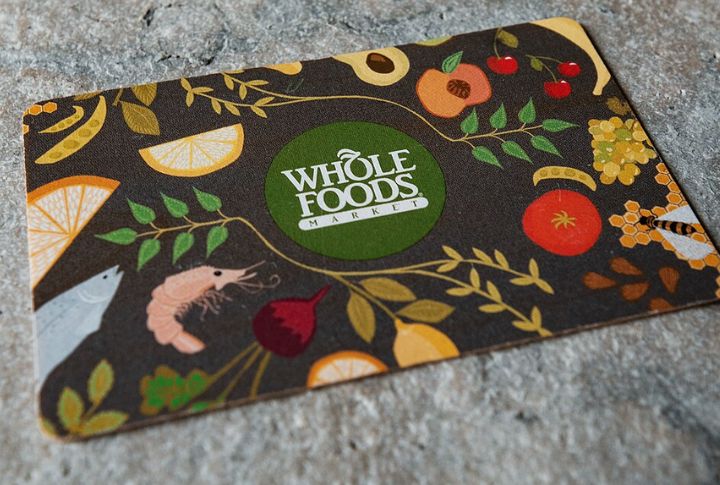
Many people routinely store gift cards in their wallets for convenience. Unlike credit cards, gift cards usually can’t be canceled if lost. Criminals can use stolen gift cards immediately without identification, so valuable cards should stay at home until needed.
